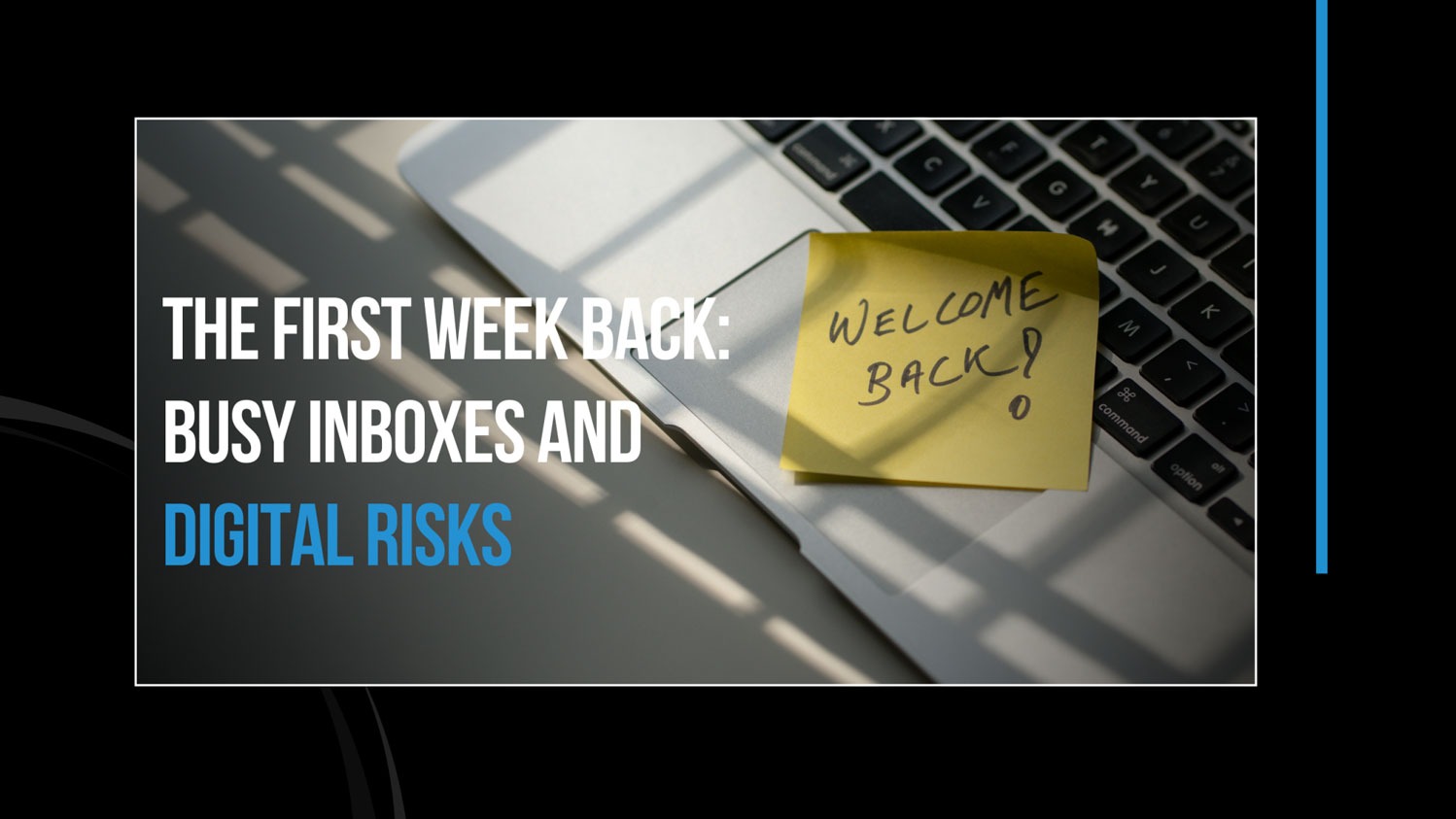The ChatGPT Revolution
October 3, 2023

Transforming Businesses with AI
Artificial intelligence is revolutionising businesses on a grand scale. It’s not limited to virtual assistants like Siri and Alexa, which were among the first commercially successful generative AI systems. AI is now a driving force behind innovation, improving efficiency, and fueling business growth. Let’s delve into ChatGPT, one of the most popular and impactful AI models that has taken the internet by storm.
Unleashing the Potential of ChatGPT
ChatGPT represents a sophisticated AI language model developed by OpenAI. This AI marvel is engineered to comprehend and generate human-like text, making it a potent tool for communication and automation. Small businesses are increasingly harnessing ChatGPT’s capabilities to streamline their operations, whether it’s optimizing customer support, conducting data analysis, facilitating language translation, generating content, performing market research, or swiftly answering routine inquiries. ChatGPT has proven to be a formidable competitor, even outperforming Google in certain aspects.
The Information Sources Fueling ChatGPT
Have you ever wondered where ChatGPT draws its vast knowledge from? As reported in an article featured on BBC Science Focus, ChatGPT’s extensive information base is culled from the vast expanses of the internet, comprising a staggering 570 GB of data collected from diverse sources, including books, research articles, web content, websites, and various forms of online text. An astounding volume of approximately 300 billion words was utilised to train this AI system.
Navigating the Limitations
ChatGPT exhibits remarkable speed in generating responses to text inputs, often providing near-instantaneous replies. However, speed doesn’t always equate to accuracy. Harvard University, in an article, points out that, despite the excitement surrounding ChatGPT, it does have its limitations. Notably, it can produce inaccurate responses and unintentionally reinforce biases, prompting concerns. Furthermore, its knowledge is confined to the information available up to its last update in September 2021.
Prioritizing Data Protection
With any emerging technology, privacy and data protection should be paramount. Although there are currently no regulations specifically governing generative AI, here are steps you can take to safeguard your personal information:
1. Disable Chat History in ChatGPT:
OpenAI offers clear instructions on how to disable chat history, which can be found on their website (“New ways to manage your data in ChatGPT” on openai.com). With chat history disabled, OpenAI will retain recent conversations for 30 days, solely for abuse monitoring purposes, after which they will be permanently deleted.
2. Refrain from Sharing Sensitive Information:
While users often rely on ChatGPT for tasks such as creating marketing content, drafting sample emails, and validating data, it’s crucial to avoid inputting sensitive or confidential information. This includes client names, account numbers, pricing details, phone numbers, and credit card information to prevent potential data compromises.
3. Use Generic or Pseudonymous Information:
Employ generic or pseudonymous information when discussing personal matters. Avoid divulging specific details that could be exploited to identify you or your organization, enhancing your overall data security.



